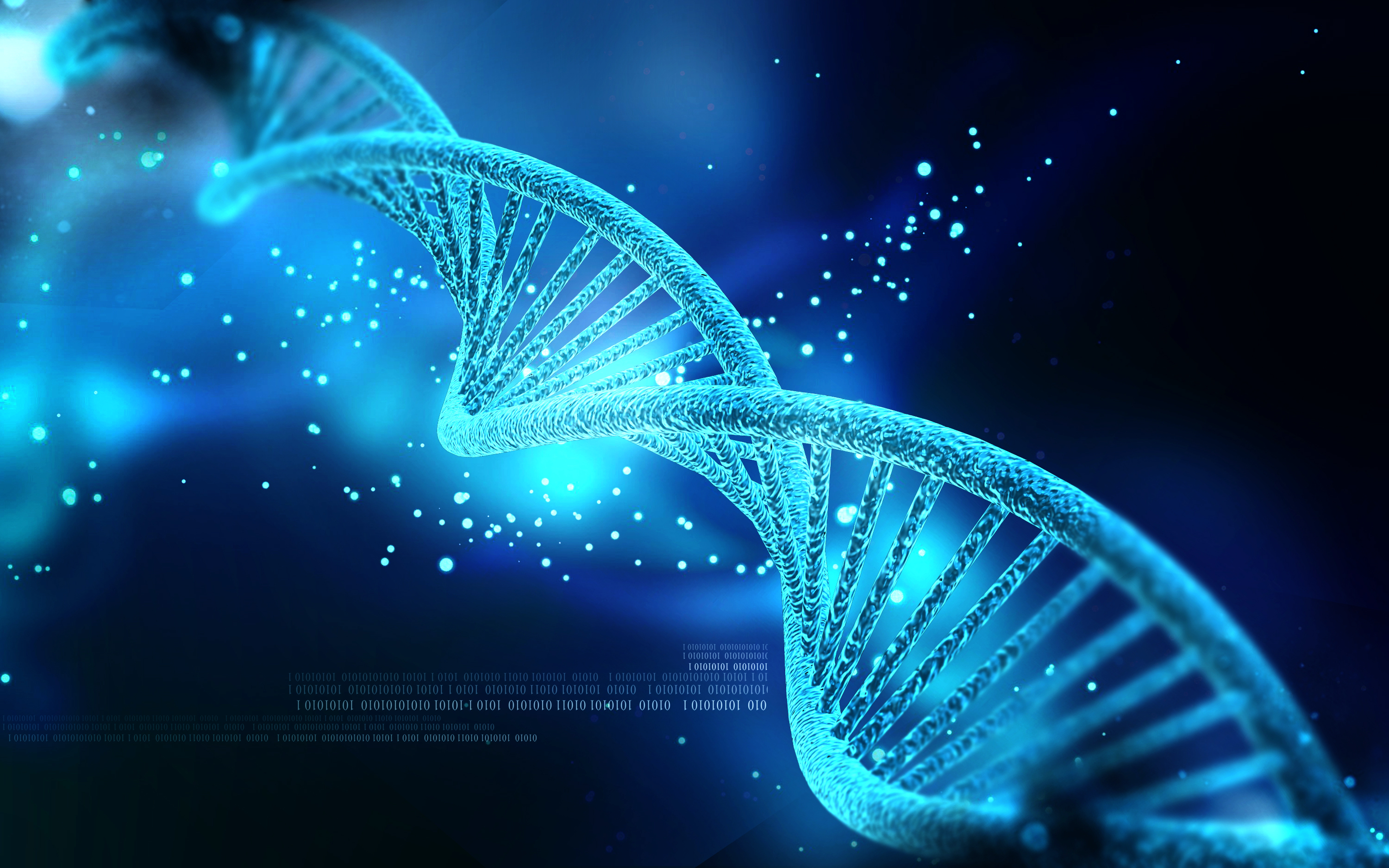-
Featured News
Mayo researchers identify mechanism of oncogene action in lung cancer
 JACKSONVILLE, Fla. — Researchers at Mayo Clinic have identified a genetic promoter of cancer that drives a major form of lung cancer. In a new paper published this week in Cancer Cell, Mayo Clinic researchers provide genetic evidence that Ect2 drives lung adenocarcinoma tumor formation.
JACKSONVILLE, Fla. — Researchers at Mayo Clinic have identified a genetic promoter of cancer that drives a major form of lung cancer. In a new paper published this week in Cancer Cell, Mayo Clinic researchers provide genetic evidence that Ect2 drives lung adenocarcinoma tumor formation.
“This paper demonstrates, for the first time, that Ect2 is required for tumor formation in vivo and identifies a novel function related to ribosomes for Ect2 in lung adenocarcinoma tumor cells,” says Alan Fields, Ph.D., senior author on the paper.
Dr. Fields is a cancer biologist and the Monica Flynn Jacoby Professor of Cancer Research in the Department of Cancer Biology at Mayo Clinic’s Florida campus.
KRAS mutation in lung cancer
Lung adenocarcinoma accounts for 40 percent of lung cancer diagnoses according to Dr. Fields. And the most frequent driver of this cancer is a mutation in the KRAS gene.
“KRAS-mediated lung adenocarcinoma is a particularly deadly form of lung cancer, in part because attempts to directly target KRAS therapeutically have not been successful in the clinic,” says the study’s lead author, Verline Justilien, Ph.D., an assistant professor in the Department of Cancer Biology at Mayo Clinic’s Florida campus.
MEDIA CONTACT: Sara Tiner, Mayo Clinic Public Affairs, 507-284-5005, newsbureau@mayo.edu
Ect2 role differs between cancer, normal cells
In normal cells Ect2 directs the last step of cell division, called cytokinesis.
“Surprisingly however, we found that Ect2 is not necessary for cytokinesis in lung adenocarcinoma cells, indicating that there must be some other function for Ect2 that tumor cells require,” says Dr. Fields.
In this paper the team reports that the other function is to boost ribosome production. Ribosomes are cellular machines which manufacture proteins from messenger RNA instructions.
“As a consequence, Ect2 drives increased synthesis of ribosomal RNA, which in turn gives rise to increased ribosomes,” says Dr. Fields. “While it’s been known for a long time that tumor cells have elevated ribosome levels, this paper is the first to show that Ect2 supports tumor cell growth by stimulating ribosome biogenesis.”
Clinical implications
In their previous work, Drs. Fields and Justilien implicated another lung cancer gene in controlling the activity of Ect2 in this disease model. This second gene, protein kinase Cι (PKCι), was first identified in Dr. Fields’ laboratory. Previously the team published a study in Cancer Cell on auranofin, a PKCι-inhibitor. When used with a second experimental agent, the combination shuts down lung adenocarcinoma tumor growth. The current Cancer Cell paper indicates that inhibition of Ect2, and subsequently ribosome synthesis, is a major mechanism by which auranofin works.
“Our current findings reveal a potential novel therapeutic strategy for treating mutant KRAS lung adenocarcinoma cells in which Ect2 is overexpressed,” Dr. Justilien says.
Based on preclinical research from Dr. Fields’ team, Mayo Clinic is conducting early-phase clinical trials of auranofin. These studies will test the effectiveness of the compound alone and in targeted combinations. Trials will focus on patients with KRAS-mediated lung adenocarcinoma, lung squamous cell carcinoma, and ovarian cancer.
In addition to Drs. Fields and Justilien, the study co-authors are:
- Syed Ali, M.D., Mayo Clinic
- Lee Jamieson, Ph.D., Mayo Clinic
- Ning Yin, Ph.D., Mayo Clinic
- Adrienne Cox, Ph.D., University of North Carolina
- Channing Der, Ph.D., University of North Carolina
- Nicole Murray, Ph.D., Mayo Clinic
Federal funding and the Monica Flynn Jacoby Professorship of Cancer Research at Mayo ClinicJacksonville fund supported this research. The authors report no conflicts of interest.
###
About Mayo Clinic
Mayo Clinic is a nonprofit organization committed to clinical practice, education and research, providing expert, whole-person care to everyone who needs healing. For more information, visit mayoclinic.org/about-mayo-clinic or newsnetwork.mayoclinic.org.
Related Articles







